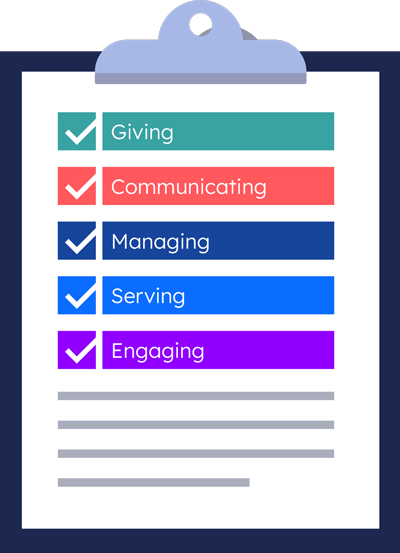
When we think about the early church, the disciples weren’t managing large ministries or coordinating intricate schedules. Their focus was simple: living out the gospel, sharing the message of Jesus Christ, and building relationships within their communities. But as churches today grow and become more complex, the need for effective tools like church management software to manage that growth becomes undeniable. This is where Church Management Systems (ChMS) play a pivotal role.
A ChMS isn’t just another piece of church software. It’s a tool designed to help us focus on the mission God has given us, without getting bogged down in administrative tasks. Scalability is key here. Whether you’re a small congregation on the verge of expansion or a larger religious organization navigating rapid growth, you need a system that can grow with you. A scalable ChMS ensures you can continue to shepherd your people well, no matter how the Lord grows your ministry.
Understanding Scalability in Church Management Systems
What Is Scalability?
When we talk about scalability in the context of a Church Management System, we’re talking about flexibility—the ability for the system to grow and adapt as your church changes. A scalable ChMS can meet the needs of your church now, while also preparing for what’s to come.
Scalability ensures that as your congregation expands or your ministry shifts in focus, the ChMS can handle the increased data, church attendance, and engagement without causing frustration or hindering the work God has placed before you. It’s not about having all the features right now—it’s about having a system that can rise to meet the needs of the future, while staying faithful to the mission today.
Why Scalability Is Key for Churches
Churches are living organisms—they grow, they change, and they adapt. Whether you’re experiencing rapid growth, navigating seasonal fluctuations, or responding to evolving ministry needs, having a scalable ChMS allows your team to stay nimble and focused on the mission at hand. A scalable church management software helps your church to remain faithful in every season—whether planting, watering, or harvesting.








